Scholar: Israeli blows on Lebanon have 'backfired', 'invigorated Hezbollah'
A scholar says Israel’s “harsh blows” on Lebanon have "backfired," demonstrating Hezbollah’s “anti-fragility.”
Amal Saad, a Lebanese political lecturer at Cardiff University specializing in the Axis of Resistance, made these remarks in a series of posts about the Lebanese resistance movement on X on Wednesday.
She referred to Israel’s recent war on Lebanon, which began with the explosion of pager bombs causing mass casualties, escalated into carpet bombings in southern Lebanon, and culminated in an assassination of Hezbollah leader Sayyed Hassan Nasrallah late last month.
Saad emphasized that Israel’s military campaign has failed to "collapse the movement."
“Instead of causing the anticipated collapse of the movement, these very harsh blows which occurred in quick succession, only seem to have invigorated it, and demonstrated its anti-fragility. What was intended to weaken Hezbollah has spectacularly backfired, highlighting how Israel fundamentally misread the group and, even after 42 years of close surveillance, still clearly does not understand its enemy.”
She emphasized Hezbollah's ability to reorganize and maintain "command, control, and operational continuity," citing "substantial losses" the group has inflicted on the Israeli military.
Referencing Hezbollah’s recent tactical successes, she highlighted the casualties sustained by the Israeli army.
“These tactical victories include, among others, a strike on the elite Golani Brigade in Binyamina on Sunday, which killed 4 and injured 67, as well as today’s close combat clashes in the Ramia–Aita Al-Shaab–Qawzah triangle, where Hezbullah's ambush resulted in over 49 injuries so far.”
Israel, she said, has failed to advance more than 1.5 km into Lebanese territory, referring to Israel's efforts over the past two and a half weeks to penetrate southern Lebanon.
“Even if Israel eventually manages to advance and secure additional territory, it will likely struggle to maintain control for any significant length of time, let alone secure the 5 km required to establish a permanent buffer zone,” she added.
The scholar also highlighted Hezbollah's evolution, noting that the group has shifted from a movement focused on liberating land to one that now prevents occupation and actively thwarts invasions.
She touched on the resistance group's “deep understanding of its enemy through cognitive empathy.”
“In doing so, it has also underscored how Hezbollah possesses a deep understanding of its enemy through cognitive empathy, while Israel continues to fundamentally misunderstand and underestimate its opponent.”
Anti-Iran ‘Munich circus’ shows Europe has lost geopolitical weight: Araghchi
Swiss to act as venue of next round of Iran-US talks: Report
Report: Over 50,000 soldiers fighting in Israeli military hold foreign citizenship
Danish PM warns US attack on Greenland would spell end of NATO
Power running out at key Gaza hospital, ICU patients at risk: Report
VIDEO | Press TV's news headlines
‘Speaking truth is her crime’: Netizens rip into European allies of Israel for targeting Albanese
Russia reaffirms support for Iran’s sovereignty amid rising US threats


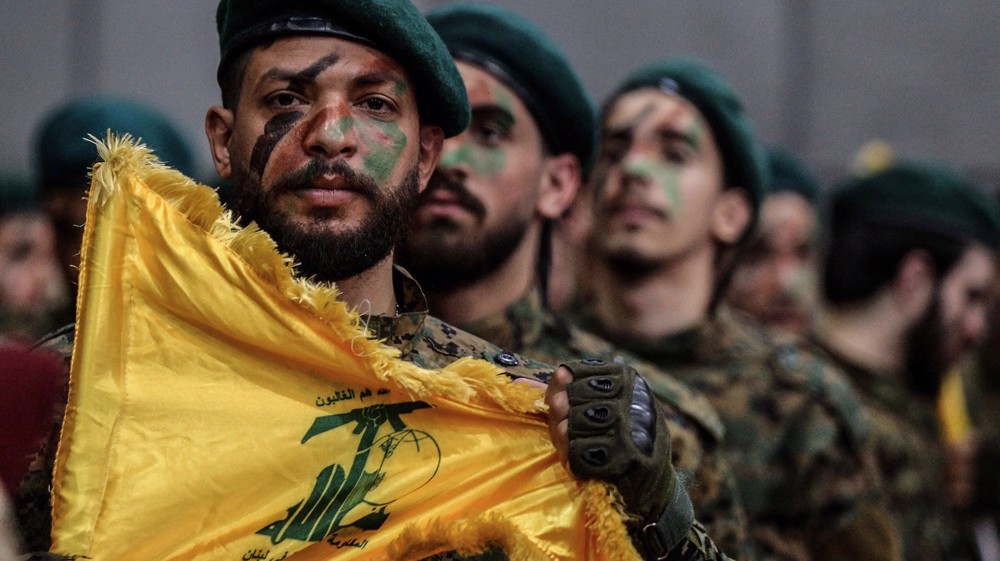
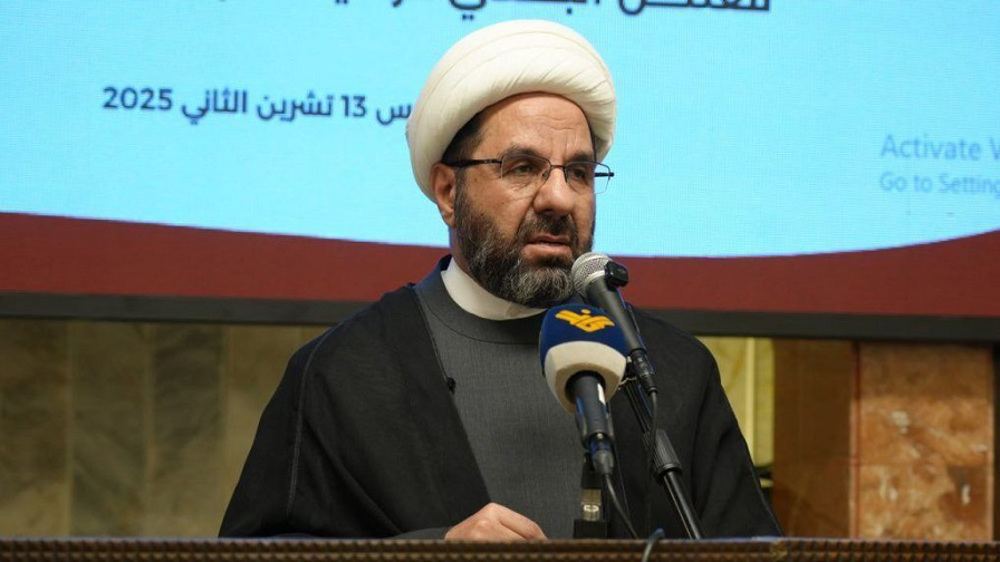
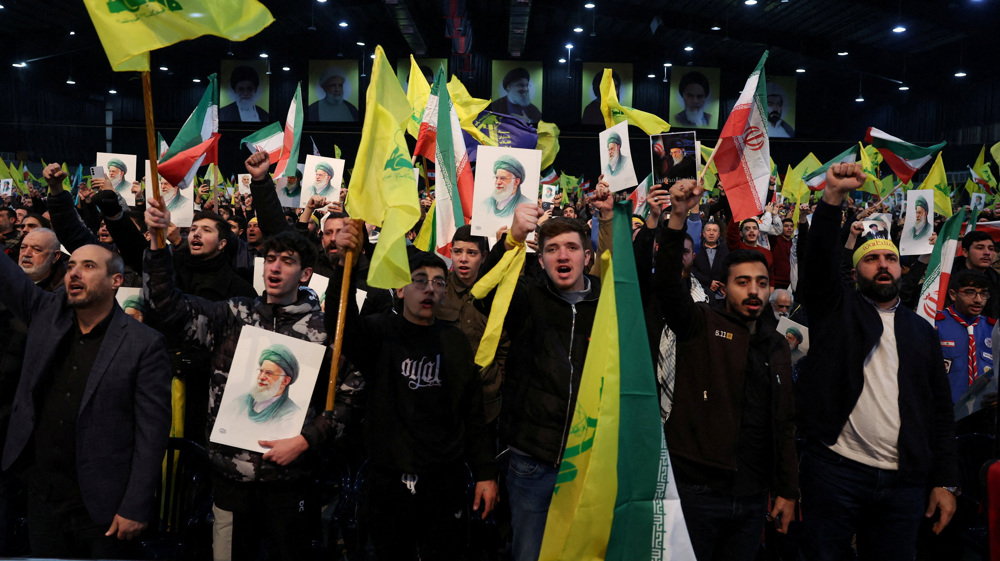
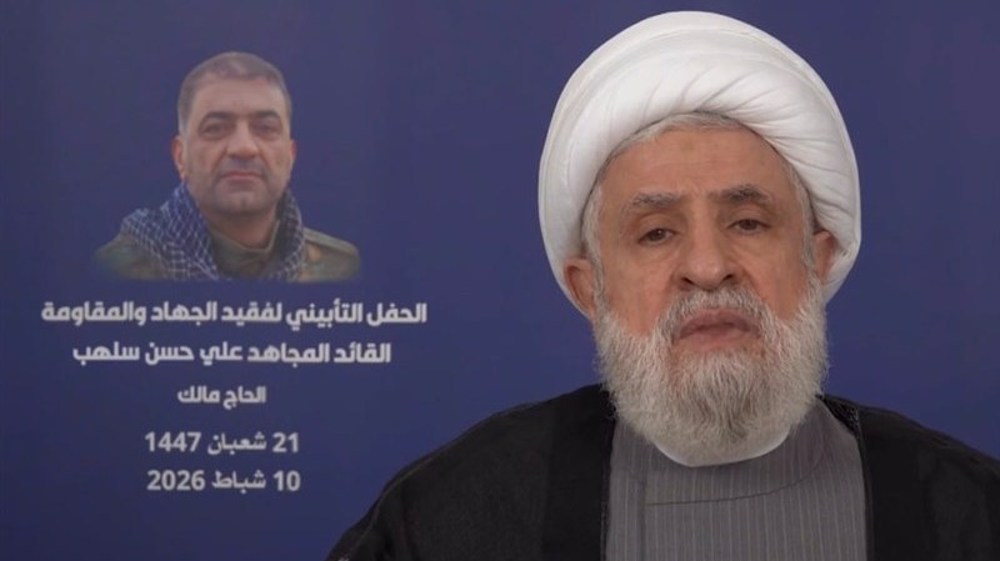



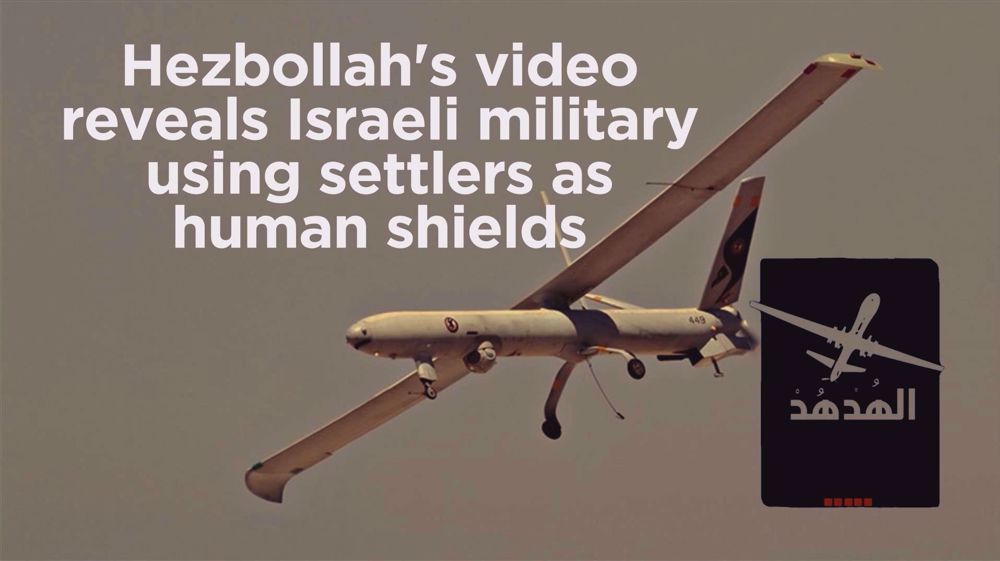
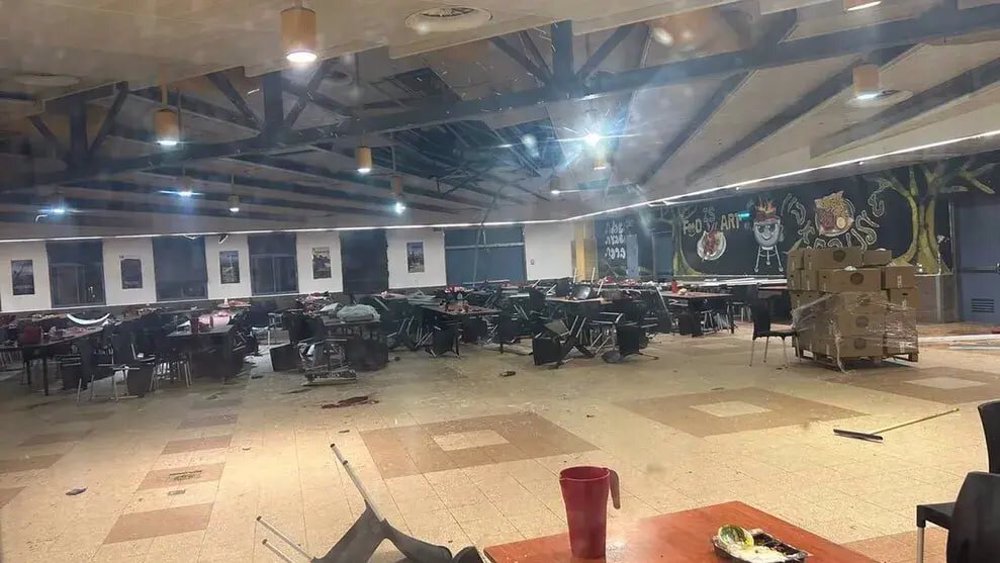
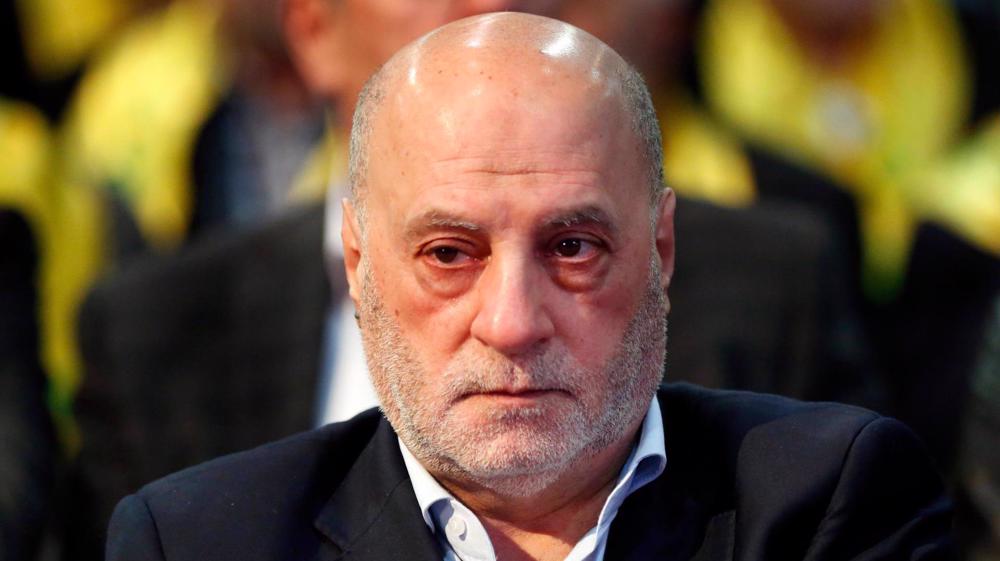
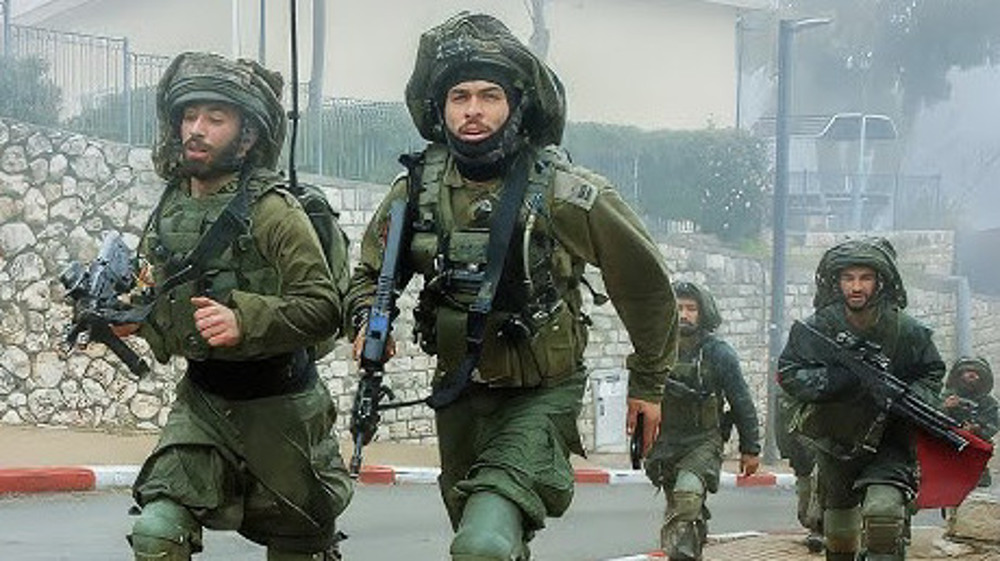

 This makes it easy to access the Press TV website
This makes it easy to access the Press TV website